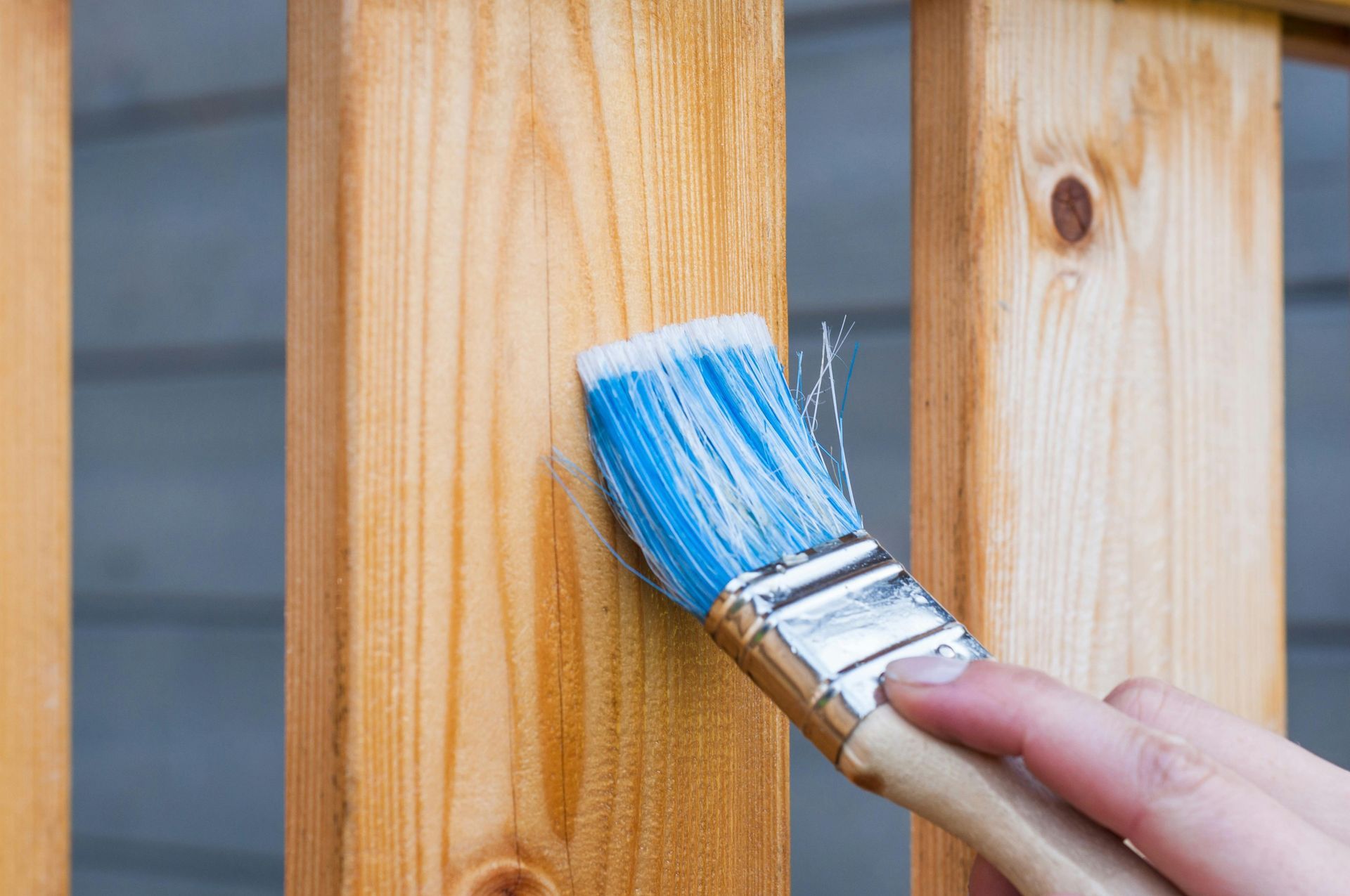Fort Property Management Blog
Nathan Harr
Repair Responsibilities in Rental Properties: Who Handles What?

Understanding who is responsible for repairs in a rental property can sometimes lead to confusion or disputes. This guide will clarify the division of responsibilities between landlords and tenants to help ensure maintenance issues are dealt with efficiently and fairly. By knowing what’s expected, you can maintain a smooth relationship between landlord and tenant and keep your rental property in excellent condition.
Repairs: What Landlords Must Handle
As a landlord in Texas, you're responsible for ensuring that your rental property remains habitable, meaning it meets basic safety and living standards. This responsibility is not only important for the well-being of your tenants but also for meeting the legal requirements of the state. Below are some of the key repairs that landlords typically must address:
- Fixing leaks or malfunctions in plumbing systems, such as broken water heaters or clogged sewer lines.
- Maintaining fixtures like sinks, showers, and faucets.
- Repairing any issues related to gas or electrical systems, such as faulty wiring or circuit problems.
- Installing and servicing smoke detectors and carbon monoxide detectors.
- Installing appropriate security devices on the exterior doors of the property. Texas is very specific about their Security Device rules!
Your lease agreement might detail specific additional responsibilities, but as a general rule, any repairs that impact the health and safety of an ordinary tenant fall under the landlord’s duties.
Plumbing Issues: Who’s Responsible?
Plumbing systems in rental properties fall under the landlord's responsibilities unless the problem is caused by the tenant’s actions, such as flushing improper items down the drain. Leaks or broken pipes, for example, are typically the landlord’s duty to repair. It is also advantageous for the landlord and Property Manager to take swift action on these issues in order to reduce the chance of any additional damage from leaking water.
Appliances and Utility Systems
If the rental property includes appliances like stoves or dishwashers, the landlord is generally required to ensure they remain in working condition. Tenants are typically responsible for the utility bills, but landlords must maintain the systems—such as electrical wiring or plumbing—that make these utilities functional. Refrigerators, washers, and dryers are optional appliances in the Dallas Fort Worth metroplex, and as such are items that will specifically addressed in the lease for each property.
Tenant Responsibilities in Rental Properties
While landlords handle the major repairs, tenants also play a crucial role in maintaining the property. Here are the typical responsibilities for tenants:
- Basic upkeep: Tenants are expected to take care of minor tasks like changing light bulbs, replacing filters, and keeping the property clean.
- Repairing damage: Any damage caused by the tenant, whether accidental or through neglect, is the tenant's responsibility to repair.
- Landscaping: This item may be addressed in the lease differently, but for most single family properties in the Dallas Fort Worth area the tenant is responsible for the upkeep of the landscaping. This would include mowing the yard, trimming shrubs, fertilizing and appropriately watering the yard, especially during the hot summer months.
- Security improvements: If tenants wish to install extra locks or a security system, they will usually need to handle the costs and installation, with the landlord’s approval.
- Using utilities properly: Tenants should use plumbing, electrical, and gas systems as intended to prevent damage.
- Reporting issues promptly: If something needs repair, tenants should notify the landlord right away to avoid bigger problems down the line.
When Tenants Can Handle Repairs
While larger repairs are the landlord’s responsibility, tenants can sometimes manage minor fixes themselves with the landlord’s permission. This might include patching small nail holes, tightening a loose door handle, or replacing batteries in smoke detectors. However, for more complex issues, tenants should leave repairs to the professionals.
Gray Areas in Repair Responsibilities
Pest Control: Who Takes Care of It?
Pest issues can be a gray area when it comes to repair responsibilities. Before a tenant moves in, it is the landlord's duty to ensure the property is free of pests. However, if an infestation occurs due to tenant during the course of the lease actions the tenant may be held accountable for pest control. Landlords are responsible for any wood destroying insects, such as termites or carpenter ants.
Normal Wear and Tear vs. Damage
Normal wear and tear is part of the aging process in any home and is generally the landlord’s responsibility to repair. For example, carpet wear from normal foot traffic is not the tenant’s fault. On the other hand, damage caused by negligence, like a broken window, would be the tenant’s responsibility to fix.
Common Questions: Landlord FAQs
What is a Landlord’s Most Important Repair Responsibility?
The primary obligation of landlords is to ensure the property remains safe and habitable. This includes promptly addressing any repairs that impact safety, structural integrity, or basic utilities.
How long does a Landlord have to make a necessary repair?
In the Fort Worth area, and throughout Texas, the Texas Property Code stipulates that a Landlord has 7 days to timely repair a health and safety issue. This timeline can be extended if there are issues with obtaining the appropriate labor or parts to complete the necessary repairs.
What Happens if a Landlord Doesn’t Address Repairs in a Timely Manner?
In Texas, if repairs are not made within a reasonable timeframe after notification, tenants may have the right to take further action, such as hiring a contractor to fix the issue and deducting the cost from rent. However, tenants must follow specific legal procedures outlined in section 92 of the Texas Property Code in order to do this.
Are Landlords Required to Maintain Appliances Provided with the Property?
The answer will be outlined in your lease. If the appliance is considered a fixture of the property, such as the stove, dishwasher, or garage disposal, than yes, the Landlord is responsible for the repairs. Some appliances like the Refrigerator, Washer, and Dryer can be listed as an “as is” appliance. This means that the appliance was left in as is condition for the tenant to use, but the Landlord is not responsible to repair long term.
How Should Landlords Handle Tenant Repair Requests?
It’s always best to address repair requests quickly and maintain open communication. For more complex repairs, it may be necessary to hire a professional to ensure the work is done safely and correctly.
Common Questions: Tenant FAQs
What is the Tenant’s Biggest Responsibility Regarding Repairs?
The most important responsibility of tenants is to notify the landlord about any needed repairs as soon as possible. Prompt communication can prevent minor issues from becoming major, more costly problems. When it comes to routine maintenance, the most common items missed by the tenant is the timely changing of the HVAC filters in the property and properly watering the yard during the summer months.
Can a Tenant Deduct Repair Costs from Rent?
In certain situations, Texas law allows tenants to “repair and deduct” if the landlord fails to make necessary repairs. However, the tenant must follow legal guidelines, such as providing written notice and waiting a reasonable amount of time for the landlord to address the issue. The full scope of what is required is outlined in Section 92 of the Texas Property Code.
Are Tenants Responsible for Minor Fixes?
Yes. Tasks like replacing light bulbs, cleaning, replacing the HVAC filters, and changing batteries in smoke detectors are part of the tenant's day-to-day responsibilities.
How Can Tenants Protect Themselves When Documenting Repair Requests?
Tenants should always submit repair requests in writing and keep copies of their correspondence with the landlord. Taking photos or videos of the problem is also a good way to document the issue. With our convenient online portal, you can upload those videos and pictures with your service request, which will also help to expedite the repair in some cases.
Why Hire Fort Property Management?
At Fort Property Management, we take the stress out of managing rental property repairs. We handle everything from routine maintenance to emergency fixes, so you can focus on what matters most to you. We care about your property and your tenants, and our goal is to provide seamless property management that helps you succeed.
Contact us today to learn more about how we can help manage your rental property in Fort Worth and the surrounding areas! We would be honored for the opportunity to work with you!
6387 Camp Bowie Blvd
Suite B-443
Fort Worth, Tx 76116
Properties Managed In
Aledo, Arlington, Arlington Heights, Bedford, Benbrook, Burleson, Carrollton, Cedar Hill, Colleyville, Coppell, Dallas, Denton, Desoto, Duncanville, Euless, Everman, Flower Mound, Fort Worth, Frisco, Garland, Grapevine, Haltom City, Haslet, Hudson Oaks, Hurst, Justin, Keller, Lake Worth, Mansfield, McKinney, Monticello, North Richland Hills, Plano, Richardson, Richland Hills, Saginaw, Tanglewood, Trophy Club, Watauga, Weatherford, White Settlement




